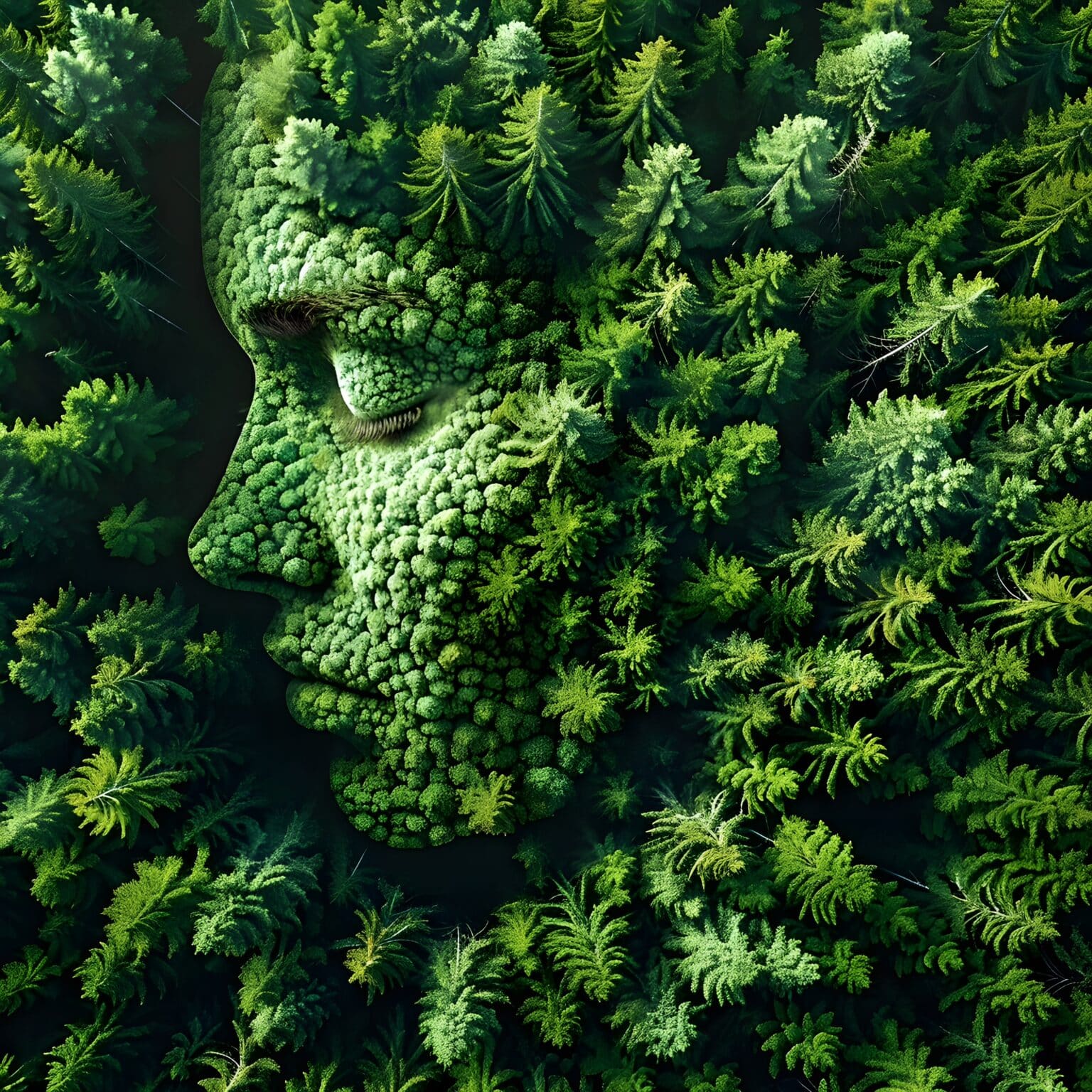Earlier this month at Closer to Truth, Robert Lawrence Kuhn interviewed a Spanish physicist turned neuroscientist, Àlex Gómez-Marín, on whether AI can become conscious:
Alex Gómez-Marín [0:30] I think many AI devotees conflate simulation with instantiation: The idea that if something behaves as if it is something else, you can equate both things and that’s a conceptual flaw that has happened many times.
Now, it happens for a very obvious reason, because these algorithms are truly impressive to us.
I like to think of them as kind of mirrors. [1:00] Not sure if they are dark mirrors, but mirrors. And so it creates this illusion … Like we can make these things be “as good as”; therefore, we’ll just say, they’re the same thing.
Yes, that’s a critical error in thinking about AI. A robotic dog, designed and programmed to behave remarkably like an actual dog, may fool many observers. But it has not therefore become a dog. And nothing will make it into a dog, ever. It remains a faithful mechanical representation.
And that’s what’s wrong with the famous Turing Test, which Gómez-Marín mentions later: The fact that an artificial intelligence machine like a chatbot can fool people (sometimes tragically) into believing that they are conversing with an intelligent being does not make it into one.e
The Problem Isn’t Even New
In the history of human culture, people have imputed human intelligence to animals, trees, and mountains. Much of the Old Testament of the Bible is taken up with denouncing and warning against such beliefs; they are fatal to a clear understanding of the world around us (to say nothing of our understanding of spiritual realities). Such beliefs probably hindered the progress of science in most of the world for most of human history.
The chatbot is very sophisticated because it draws on and purveys a vast library of previous human interactions. But the principle is the same: Neither a tree nor a bot is interacting with us. We are working with, in the one case, our own imaginations, and in the other, a bot’s vast library of previously recorded human thoughts.
Intelligence Is Not Consciousness
Gómez-Marín: Another conceptual problem with AI is, sometimes [1:21] people conflate intelligence with consciousness. They tend to think that because something — in this case an algorithm — can solve problems and can do it in a way that’s spectacular, that therefore it must have some sort of sentience.
People who think that might want to ask themselves, is the James Webb Space Telescope smarter than a backyard version? If not, why is an impressive chatbot supposed to be smarter than a desktop? The difference in either case is more sophisticated, more powerful machinery. And how do we get from either of them to consciousness in life forms, which is hard to even define?
Which Life Forms Are Conscious Is an Ongoing Source of Dispute
Gómez-Marín zeros in on that topic:
Gómez-Marín: One more thing I would add, maybe [1:40], borrowing from Mike Levin. He has warned me,
“Well, look, Alex, we don’t really know what things can embody consciousness in the world because we we’ve been constantly surprised.”
Some think that humans don’t [have consciousness]. Others think that yes, humans do, but then animals don’t… The same with plants, there’s a whole struggle in the field of plant cognition, even fungi.
What I’m trying to say is that yes, we really don’t know which entities may be able to host consciousness but in the case of AI, there’s a clear element of hype…
Yes, there is a clear element of hype and, as some of our authors have pointed out, the hype is aimed at investors in AI startups. But it is soaked up by the general public.
Benefit in the Controversy?
He sees some benefit in the controversy over AI consciousness:
Gómez-Marín: So I would say that artificial [2:32] intelligence is also some sort of algorithmic invasion that kind of — as a shock wave is making the consciousness studies community just hurry up and think, all right, what about these things now. So maybe that’s good but there’s a lot of confusion, I would say, about what these algorithms can really do or even more importantly, what these algorithms really are.
I don’t think they’re conscious entities. And I doubt they will be, but maybe I’m wrong.
But here, of course, we are circling back to a key element of the problem: If consciousness theorists can’t agree on whether humans, dogs, trees, or mushrooms are conscious, how would they even know if a chatbot was?
Most of us use a pragmatic definition: We know we are conscious ourselves, so we assume that other humans are. We believe that dogs and cats are conscious because they act that way. We believe that trees and mushrooms are not conscious because they don’t act that way.
Along those lines, it’s not clear how an inanimate AI could become conscious if its resources are merely recorded input from human beings, cleverly arranged by a program — though it could certainly sound that way to vulnerable people.
At present, it doesn’t sound as though consciousness studies can take us beyond this.









































